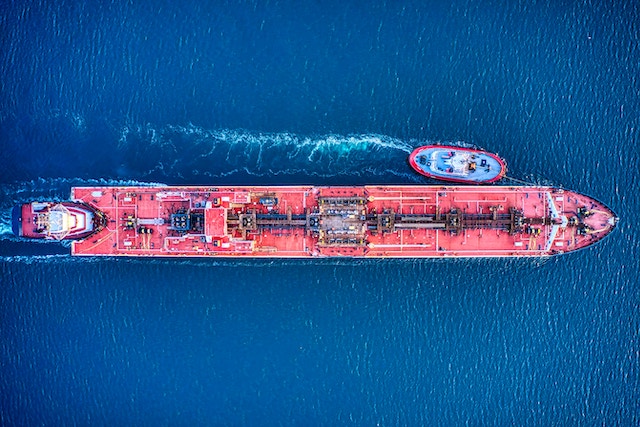How can ships and marine vessels reduce their environmental impact?
Shipping and maritime tourism are industries that play a crucial role in climate change. As a result, ship owners need to take certain measures to operate more sustainably to preserve a healthy planet.
But what measures can be taken on ships to reduce their environmental footprint? What can they do for a more healthy planet? Let’s see the answer below.
Increasing the efficiency of ships
One way to protect the environment is by investing in newer and more modern vessels that consume less energy. However, in some cases, this move is not possible. So, if you can’t replace your vessel, another alternative is the use of renewable energy sources, like solar power. You can use these forms of energy for powering various ship devices.
However, there are some additional solutions, like investing in high-quality equipment and conducting regular maintenance. These practices contribute to long-term fuel savings. Properly functioning machinery carries minimal risk of leaks and energy loss.
An example of this is the use of special machinery, also known as centrifugal separators. Marine Separators have a lot of environmental benefits such as pollution reduction and waste. Their primary function is to separate and purify various liquids on a ship and prevent their discharge into the sea. In cases where this process is not done correctly, there is a high likelihood of pollutants ending up in the environment.
Proper waste management
It is widespread for ships to generate a significant amount of waste in various forms. This includes food residues, fuels, and even plastic waste. Reducing these products is the first step in minimizing the environmental footprint.
At the same time, specialized separation and recycling systems can be installed on board a ship. It is also equally important to provide the crew members with proper training to know how to manage and dispose of each category of waste correctly.

Emission reduction
According to the International Maritime Organization (IMO), large ships release billions of tons of carbon dioxide and nitrogen oxides each year. These elements contribute to the augmentation of pollution and climate change.
Emission levels are also closely linked to speed. The faster a ship travels, the higher the emission levels. Slowing down the speed is one way to reduce these emissions as well as fuel consumption.
Furthermore, optimizing route planning helps a ship reach its destination on time without covering unnecessary miles. This means less fuel consumption and fewer emissions.
Prevention of oil spills
Oil spills are a common cause of marine pollution. Their occurrence can be triggered by accidents, equipment failures, human error, and other factors. Therefore, preventing their appearance is of utmost importance.
To achieve this prevention, proper ship maintenance is necessary. Equally helpful is the installation of oil spill discs or absorbent pads. What is the reason behind this? They can detect and absorb potential leaks.
Proper cleaning and painting of the ship
The use of the wrong cleaning products can also release harmful chemicals into the water and affect the environment. For example, certain soaps and detergents produce “gray water”. This, in turn, can lead to algal growth. What is the consequence of this movement? Lack of oxygen in the water and suffering marine life.
To avoid this phenomenon, you have to avoid getting anti-fouling paint in the water while you try to remove it. Instead, ask for advice on the type of paint needed. Use only water-based paints. As for the cleaning part, you have to try menial abrasion. Avoid using too much detergent, chemical cleaners, or toilet chemicals. It is also important to make sure that cleaning equipment like brushes and tins is cleaned properly.
The right sewage disposal
Your boat should be fitted with the appropriate holding tank for sewage and wastewater. If it is necessary to discharge liquid water at sea, you have to do it away from the shore. It is also advisable to have containment facilities for sewage and wastewater before pumping waste into approved sanitary stations.
While the shipping industry plays a significant role in the global economy, it should not negatively affect the environment. With proper planning and suitable practices, not only can it avoid burdening the marine ecosystem, but it can also enhance the vessel’s efficiency!

